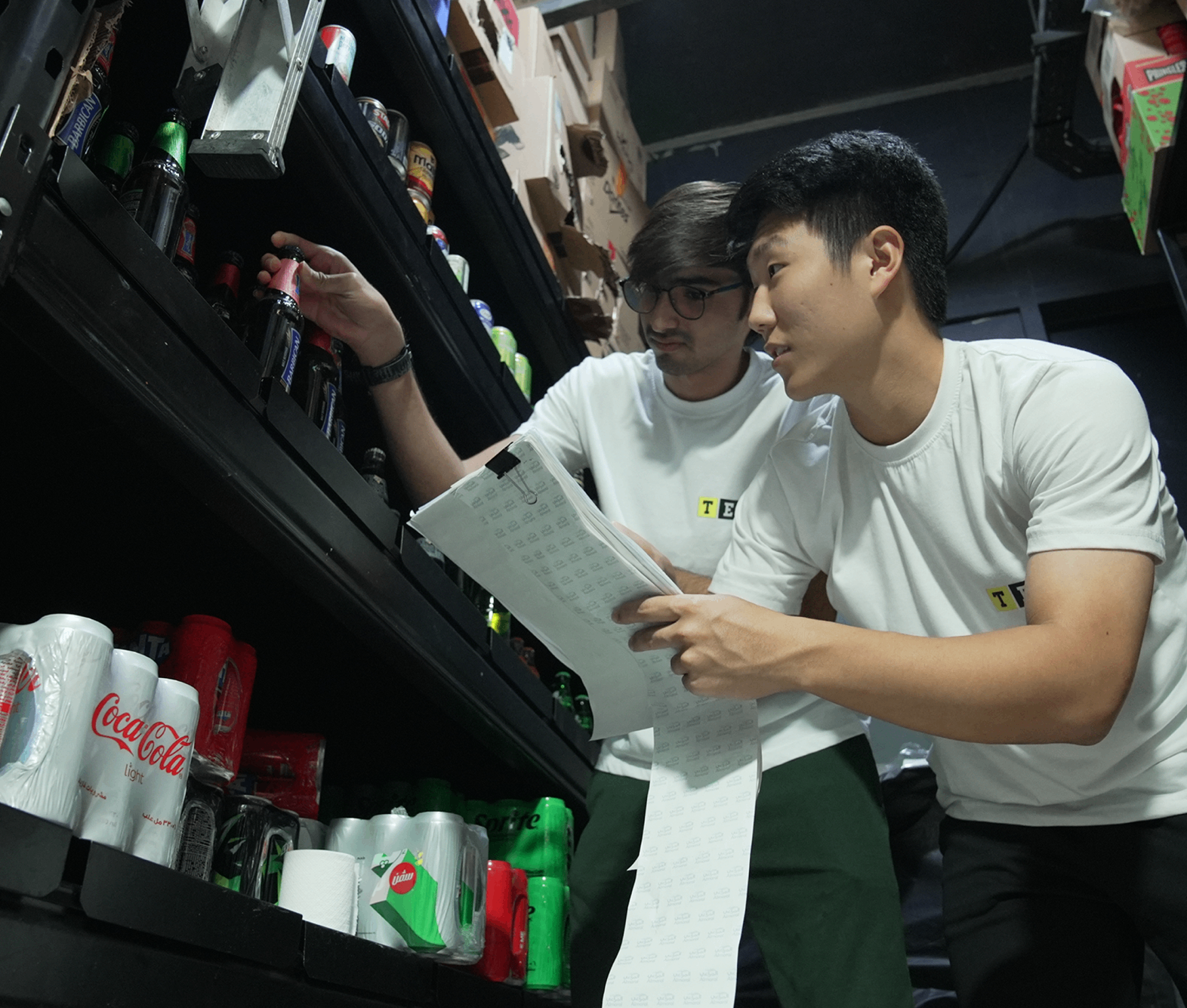

Table of Contents
Exploring the value of hands-on learning in shaping business school success.
The Importance of Hands-On Learning in Business Schools
Imagine sitting across from a hiring manager who asks you to solve a real-world business problem on the spot—perhaps diagnosing a failing supply chain or crafting a pricing strategy for a new product.
Would your classroom lectures alone prepare you?
The reality is that for too long, business schools have relied on theories and case studies, leaving graduates to navigate the complexities of the corporate world unprepared. The solution lies in hands-on experience programs—a transformative shift from passive learning to immersive, action-driven education.
Experiential learning isn’t about memorizing frameworks; it’s about doing. You don’t just study marketing—you build a campaign for a startup. You don’t just analyze balance sheets—you pitch a financial model to investors.
This approach mirrors the “build-measure-learn” feedback loop that defines successful startups. By testing ideas in real time, you gain validated learning—not just hypothetical success.
90% of hiring managers prioritize candidates with practical experience. They’re not looking for textbook experts; they want problem-solvers who’ve wrestled with ambiguity and succeeded.
At Tetr, we embed experiential learning into every term of our global programs. For example, students in Dubai launch e-commerce ventures while collaborating with industry leaders like EMAAR and Emirates Airline, applying pricing strategies and supply chain models in real-world scenarios.
Internships aren’t just résumé fillers—they’re your earliest experiments in career validation. They allow you to test assumptions about industries, roles, and even your own strengths. According to NACE, paid interns are 72% more likely to land full-time roles because they’ve already proven their value in real-world settings.
Here’s what you gain:
Networks that bypass entry-level barriers
Insider fluency in workplace dynamics
Feedback loops to refine your skills
At Tetr, internships are woven into the curriculum. Instead of simply “completing hours,” students tackle projects with measurable outcomes, like optimizing logistics for renewable energy firms or pitching solutions to Fortune 500 executives.
Not every lesson requires a corporate partner. Simulations and live projects replicate market chaos in controlled environments, allowing students to experiment without catastrophic risks.
For instance:
Developing marketing strategies for local businesses as part of coursework
Managing virtual companies through simulations that mimic market conditions
You’ll learn to:
Make decisions with imperfect data (just like early-stage startups)
Fail fast and adapt strategies based on real-time feedback
At Tetr, students engage in live projects like building social ventures in Ghana or developing AI tools during their U.S.-based terms.
When you’ve negotiated with suppliers or presented to executives, concepts like “leadership” and “critical thinking” become second nature. Hands-on learning fosters skills that cannot be taught through textbooks alone:
Critical thinking: Solving real-world problems requires analyzing data and making informed decisions under pressure.
Communication: Presenting ideas to stakeholders hones public speaking and persuasion abilities.
Leadership: Managing teams during projects builds confidence and collaboration skills.
According to Forbes, graduates with practical experience don’t just talk about disruption—they’ve practiced it.
Business schools are no longer ivory towers; they’re labs for validated career experiments. When choosing a program, ask yourself: Does this curriculum prioritize doing over listening?
At Tetr, we immerse you in business across seven countries and countless industries because we believe the future belongs to those who learn by doing.
Ready to start your first experiment? Apply here and take the first step toward redefining your future!
1. How is hands-on learning different from traditional classroom education
Hands-on learning focuses on applying concepts in real-world scenarios rather than just studying them. For example, instead of only reading about marketing, you might create and execute a campaign for a local business. This approach bridges the gap between theory and practice, making lessons more impactful and memorable.
2. Are internships mandatory in business schools?
Many top business schools require internships as part of their curriculum because they provide invaluable real-world exposure. Internships help students build networks, gain industry insights, and develop practical skills that enhance employability after graduation.
4. Do hands-on programs limit career options to specific industries?
No, hands-on programs are designed to be versatile and span multiple industries such as technology, healthcare, finance, and sustainability. This ensures students gain transferable skills applicable across various fields while exploring their interests.
5. Why is global exposure important in hands-on learning?
Global exposure enhances cultural fluency and adaptability—key traits for leadership roles in multinational organizations. By working in diverse markets like Asia, Africa, or Europe, students learn to navigate different business practices and cultural nuances effectively.
6. How do business schools evaluate hands-on learning projects?
Assessment often involves measurable outcomes like project deliverables, quantifiable revenue, or stakeholder feedback rather than traditional exams. This ensures students are evaluated on their ability to apply knowledge to solve real-world problems effectively.
7. Does hands-on learning improve prospects for becoming an entrepreneur after graduation?
Yes, studies show that graduates with practical experience are more likely to secure jobs quickly and earn higher starting salaries compared to those without it. Employers prioritize candidates who have demonstrated their skills in real-world settings over those with only theoretical knowledge.